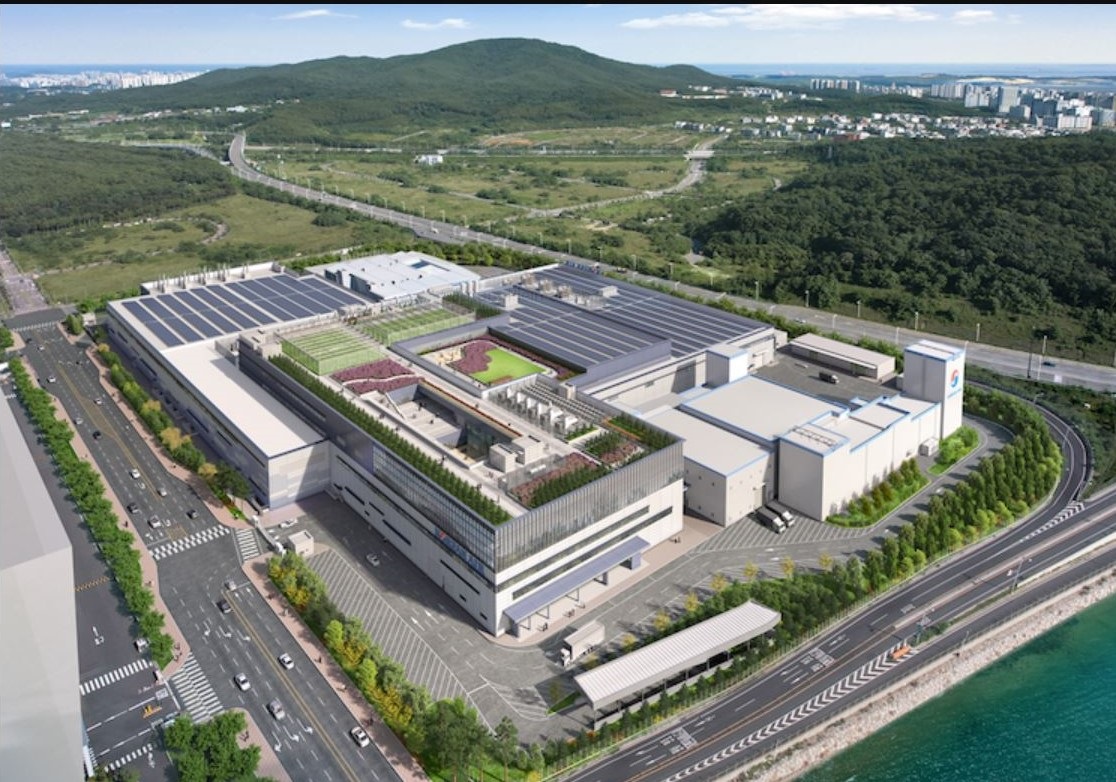


On Thursday, Korean Air announced plans for a new engine maintenance facility in Unbuk, Yeongjong Island, which is slated to open in 2027.
Located near Incheon International Airport, the new engine maintenance complex will be the largest in Asia, bolstering the airline’s engine maintenance capabilities and strengthening their MRO business. The facility is expected to generate over 1,000 new jobs.
The March 14th groundbreaking ceremony was attended by Korean Air’s Chairman and CEO, Walter Cho, Sung-kyu Maeg, Committee Member of the National Assembly’s Committee on Land, Infrastructure and Transport, along with other dignitaries.
— Korean Air overhauls on six engine types, including Pratt & Whitney’s PW4000 and GTF, CFM International’s CFM56, and General Electric’s GE90-115B.
— The new facility will also overhaul three additional engine types, namely GE’s GEnx and CFM International’s LEAP-1B engines.
— The MRO complex will be located in Unbuk, very close to Incheon Airport, and will cover an area of 140,000 m2 spread over seven floors.
Walter Cho, Chairman and CEO of Korean Air, said,
“The engine is like the heart of the airplane,” “Korean Air pledges to uphold the highest standards of safety and is committed to elevating Korea’s competitive edge in a highly specialized sector of aviation.”
The 578 billion won (approximately 440 million USD) facility will span over 140,000 square meters and will be constructed by Kolon Global. It will be strategically located next to Korean Air's existing Engine Test Cell (ETC), which has been operational since 2016.
This new cluster will centralize engine maintenance operations, currently split between the airline's Bucheon facility and the Unbuk ETC. This consolidation is expected to improve efficiency and streamline processes. Its Press release read,
"Korean Air has previously managed its engine maintenance at its Bucheon facility, complemented by final performance testing at the ETC in Unbuk."
"The engine maintenance cluster will streamline this process with a strategic consolidation, enhancing operational efficiency by bringing all phases of engine maintenance to a single, centralized site."
Korean Air also plans to expand its engine maintenance capacity significantly, from servicing 100 engines annually to 360. The airline currently overhauls six engine models and will add three more, including GE's GEnx and CFMI's LEAP-1B, to its portfolio. Additionally, the airline is exploring the possibility of servicing engines for Asiana Airlines.
The new maintenance cluster is expected to create over 1,000 jobs, contributing to the growth of the domestic aviation MRO industry and reducing reliance on international services.
Korean Air holds airworthiness certifications from 13 domestic and international authorities, including the Korean Federal Aviation Administration, the FAA, EASA and CAAC.
